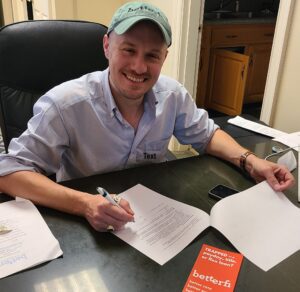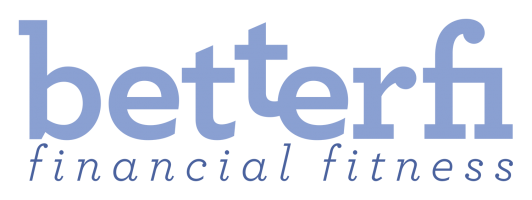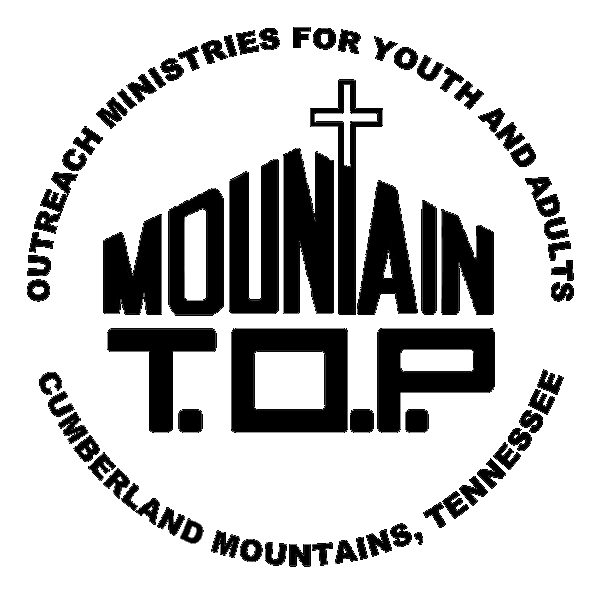TFH Appalachia Welcomes Coalition Member—BetterFi

On the Move Together for Hope 2023
May 3, 2023
TFH Appalachia Welcomes Coalition Member—Mountain T.O.P.
July 17, 2023Together for Hope Appalachian is happy to welcome BetterFi as a Coalition Member. In May of this year, BetterFi signed a Memorandum of understanding to join the TFH Appalachia coalition. BetterFi (www.betterfi.co) is a non-profit 501(c)(3) economic justice enterprise that provides affordable installment loans and complementary financial programming like coaching as a pathway out of debt traps and toward financial fitness. Based in Grundy County, Tennessee, one of the TFH Appalachia counties of persistent poverty, BetterFi serves over ten counties and takes referrals from across the state of Tennessee. Churches with benevolence ministries, many non-profit agencies, and other organizations, that have contact with persons trapped in payday loans, will benefit from the services of BetterFi. The low interest loans, and the coaching and other support they provide, will help victims of predatory loans finally get out from under crushing debt. Spike Hosch is the executive director and founder of BetterFi. He serves with a real passion to help persons burdened with debt. Spike is happy to talk with organizations about how they can work with BetterFi to serve people in their communities. BetterFi provides a sustainable model to address the predatory lending crisis.
Spike’s experiences working in alternative finance abroad, have contributed to his concern to address predatory leading in the United States with his own “finance-oriented social enterprise.” He explains:
Shortly after graduating from Sewanee and with the help of one of my Sewanee professors, Yasmeen Mohiuddin, I interned in Bangladesh at the Grameen Bank. The Grameen Bank is considered one of the pioneers in “microfinance,” and their founder Muahammad Yunus created a group lending model that required prospective borrowers (who could not get credit from banks) to self-select their groups in order to leverage personal relational knowledge as a sort of collateral. Loans were made solely for income-generating activities, where the additional generated income exceeded the cost of the loan.
After Bangladesh, I worked for a Mongolian bank called XacBank as a Princeton in Asia Fellow and then as an employee. One of the credit product lines we worked with was a type of microloan similar to those used at Grameen, though in this case the loans were made to local families who relied on coal stoves to stay warm in the winter. The loans provided funds to purchase an improved stove that used less coal — the loans in this case were not to generate income but to save income. This is a simplification, but in both these places credit was being deployed as a tool for the poor to end up better off. Very basically, significant chunks of prospective margin were left on the table in order to prioritize the social benefit of the product (getting borrowers away from loan sharks).
Upon finding out that payday lenders in the US charge multiple times more than the loan sharks in Bangladesh and Mongolia, I returned to Sewanee as an AmeriCorps VISTA and intended to establish some sort of finance-oriented social enterprise. I found that entities existed to deal with affordable housing and even business loans, but that there were few alternatives to payday lenders in the US and exactly zero entities that ‘bailed out’ people from payday loans. In the area around Sewanee I also found that some churches were acting as a lender of last resort to their congregation in order to try and stave off dependence on payday lenders.
Connections and resources in Sewanee aligned to give me an opportunity to do something about payday loans by creating an alternative, so that is what I am doing.



